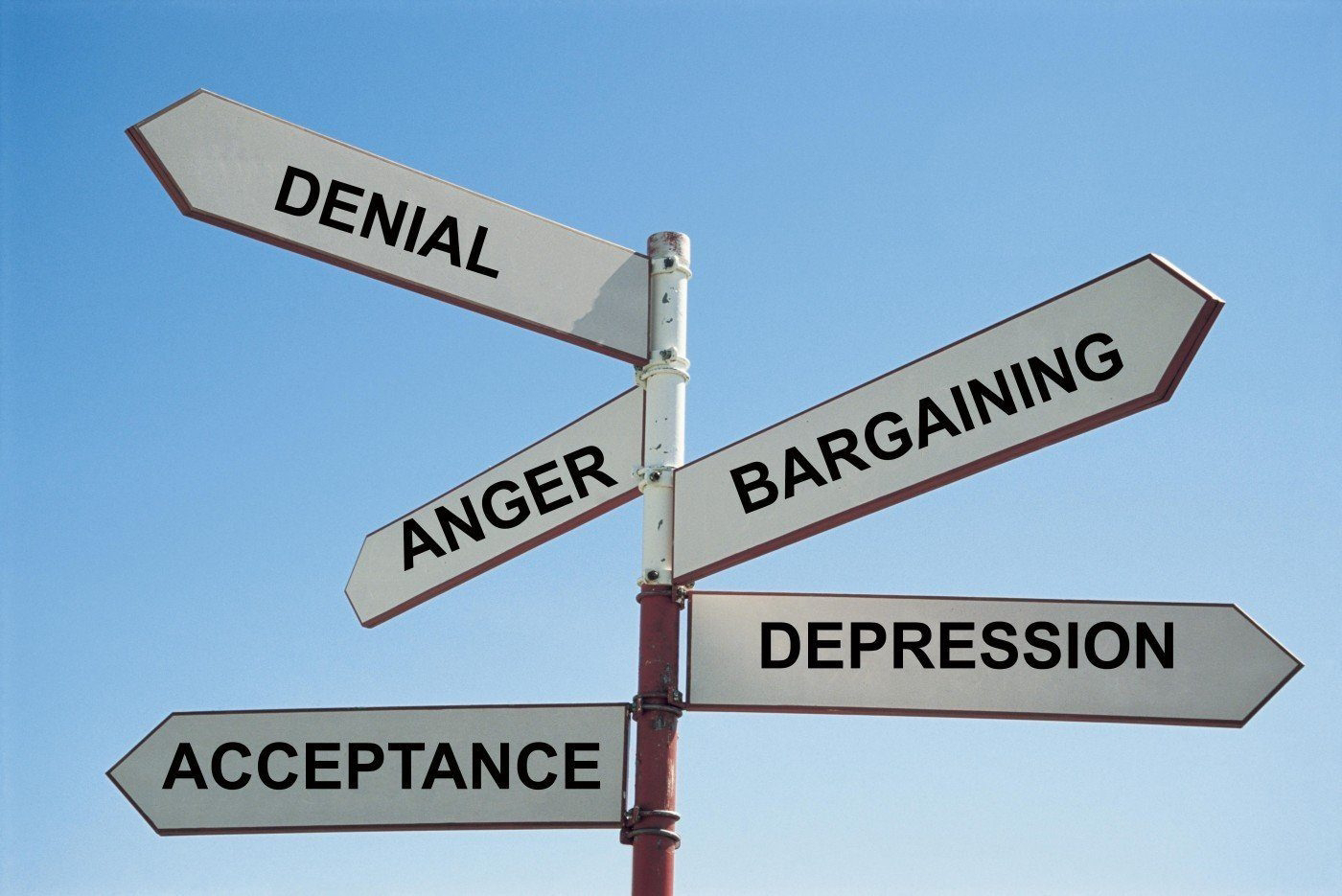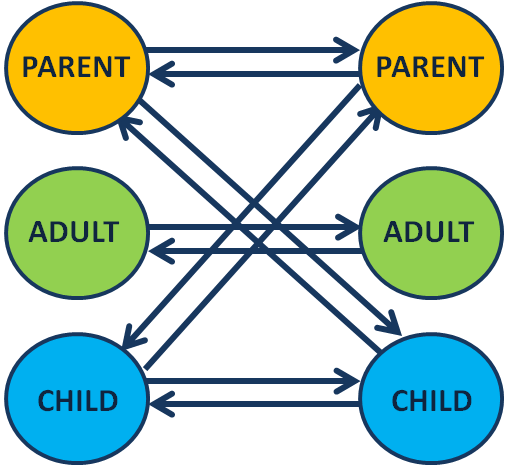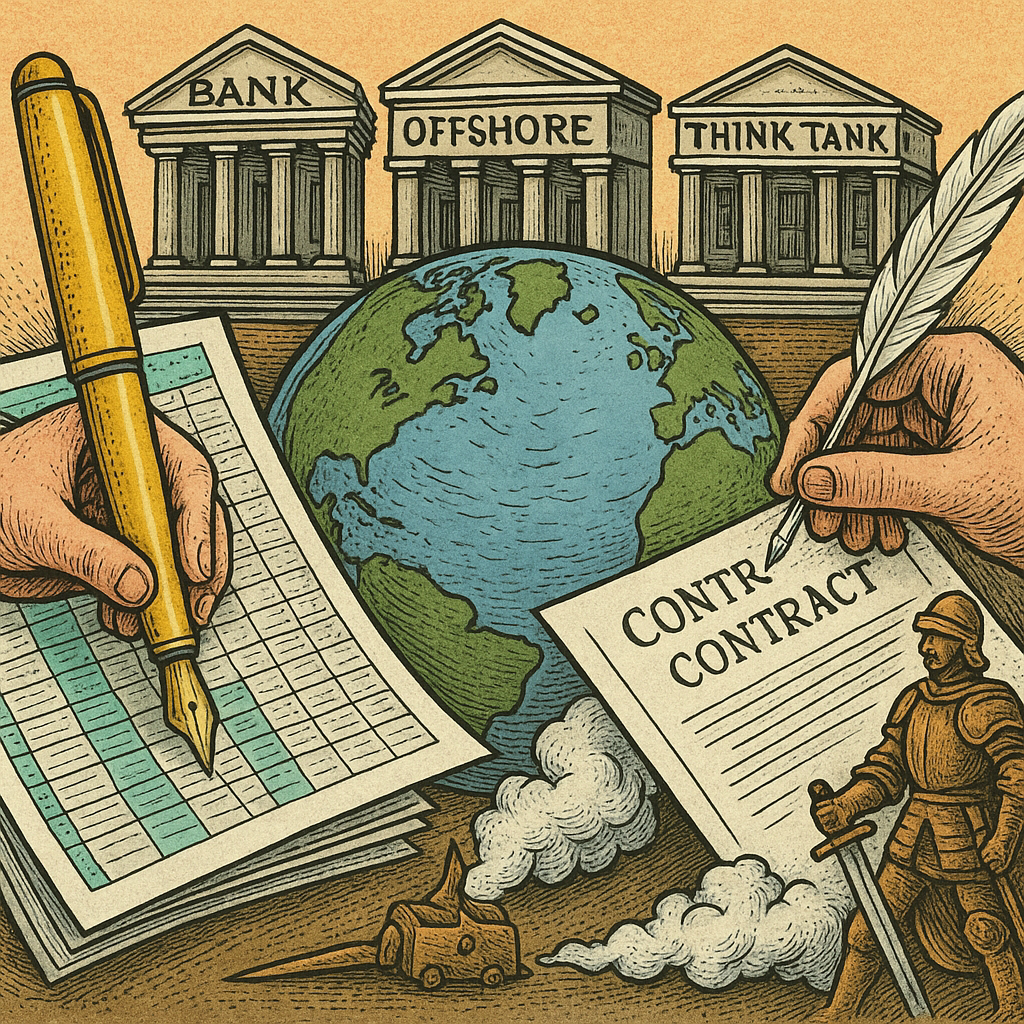
28 June 2025Ukraine, the EU, and the Broken Staircase to Europe
1. The Promise That Sparked a Revolution
The 2014 Maidan uprising, known as "EuroMaidan," was driven by a single powerful belief: that Ukraine was on a path toward integration into the European Union. The EU Association Agreement, though technically limited to trade and legal convergence, was interpreted by many Ukrainians as a concrete first step toward eventual EU membership. When...



















